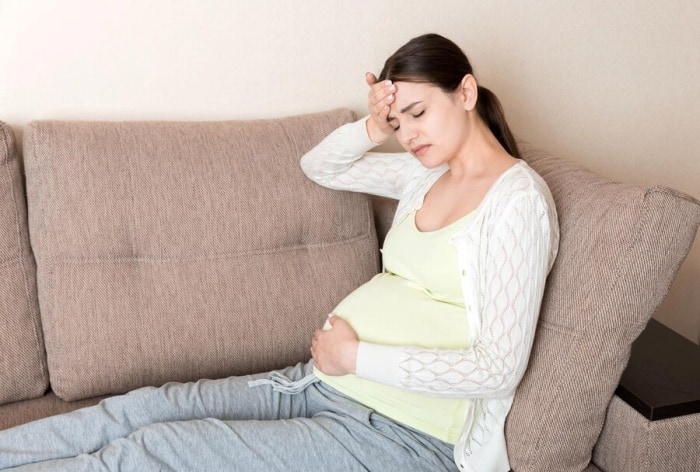Pregnant women need to be extra careful about everything. Here are few complications that may rise when a mom-to-be is infected with dengue.

Pregnancy is the time when one must be extra mindful of everything. From lifestyle habits to diet, exercises etc, new-moms need to guard themselves from outside infections. Dengue is a mosquito-borne infection that may turn fatal if nor remedied on time. While the cases spike mostly during the monsoon season, summer also witnesses an uptick in the numbers. But when someone is pregnant, contracting dengue can lead to health complications and affect the fetus as well.
How Dengue Affects Pregnant Women?
Pregnant women are generally considered more vulnerable to severe dengue infection compared to non-pregnant individuals. Hormonal and immunological changes during pregnancy can affect the immune response to the dengue virus, potentially leading to more severe symptoms.
Dengue can cause complications in pregnant women, including preterm labour, gestational hypertension (high blood pressure), and spontaneous abortion (miscarriage). The risk of developing severe dengue symptoms, such as dengue hemorrhagic fever or dengue shock syndrome, may also be increased.
If vertical transmission occurs, there is a risk of various complications for the fetus, including fetal growth restriction, birth defects, stillbirth, and neonatal dengue infection. The severity of these complications can vary.
Management focuses on supportive care, such as maintaining fluid balance, managing fever, and monitoring for complications. Treatment options may be limited due to the potential risks to the fetus.
Prevention is crucial in reducing the risk of dengue infection during pregnancy. Pregnant women should take precautions to avoid mosquito bites, such as using mosquito nets, wearing protective clothing, and applying approved insect repellents. Additionally, efforts to control mosquito breeding sites in the surrounding environment are important.
If you suspect or have confirmed dengue infection during pregnancy, it is essential to consult with healthcare professionals who can provide appropriate advice, monitoring, and care based on your specific situation. They will be able to guide you on the best course of action to ensure the health and well-being of both the mother and the unborn baby.

